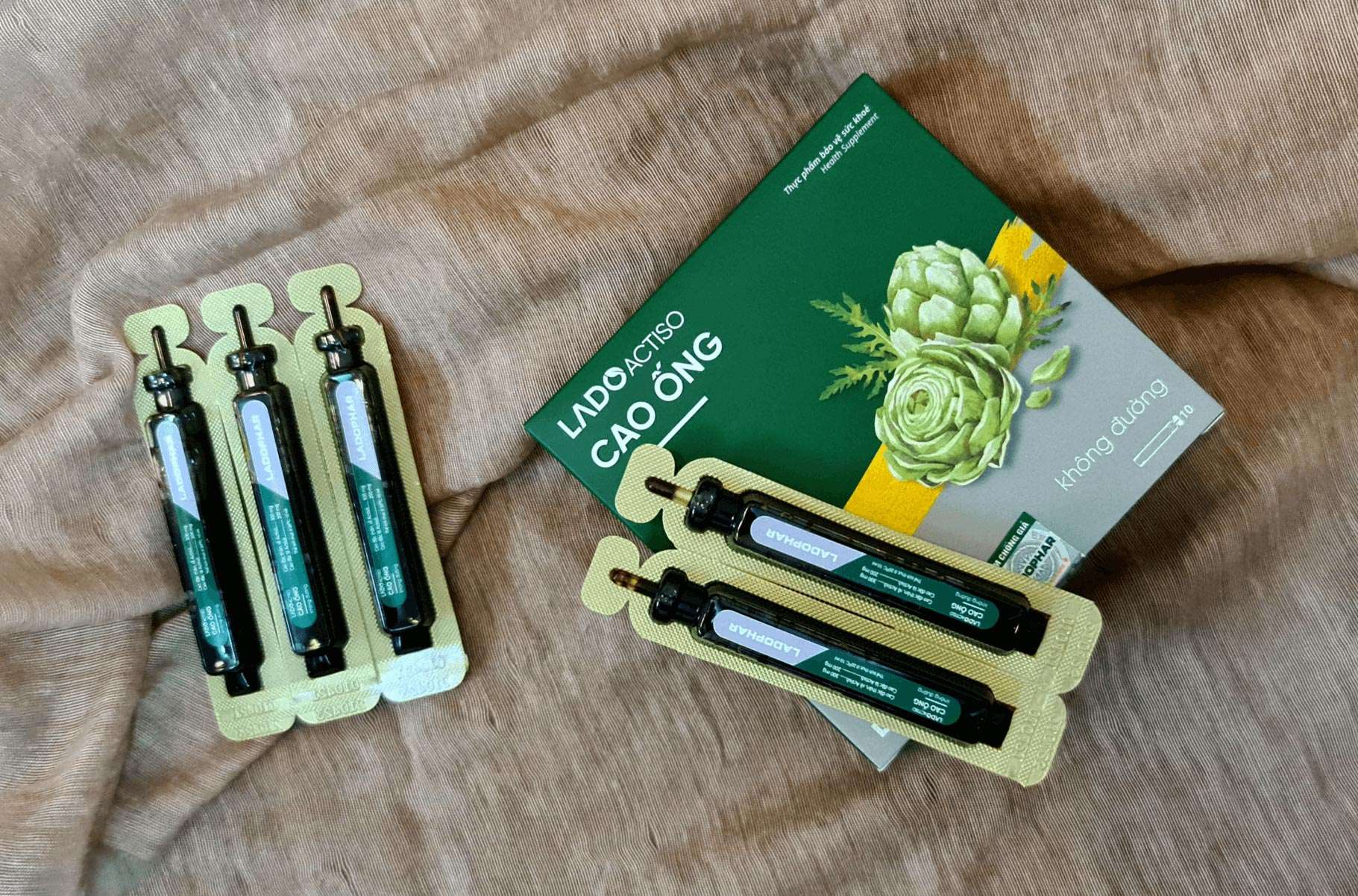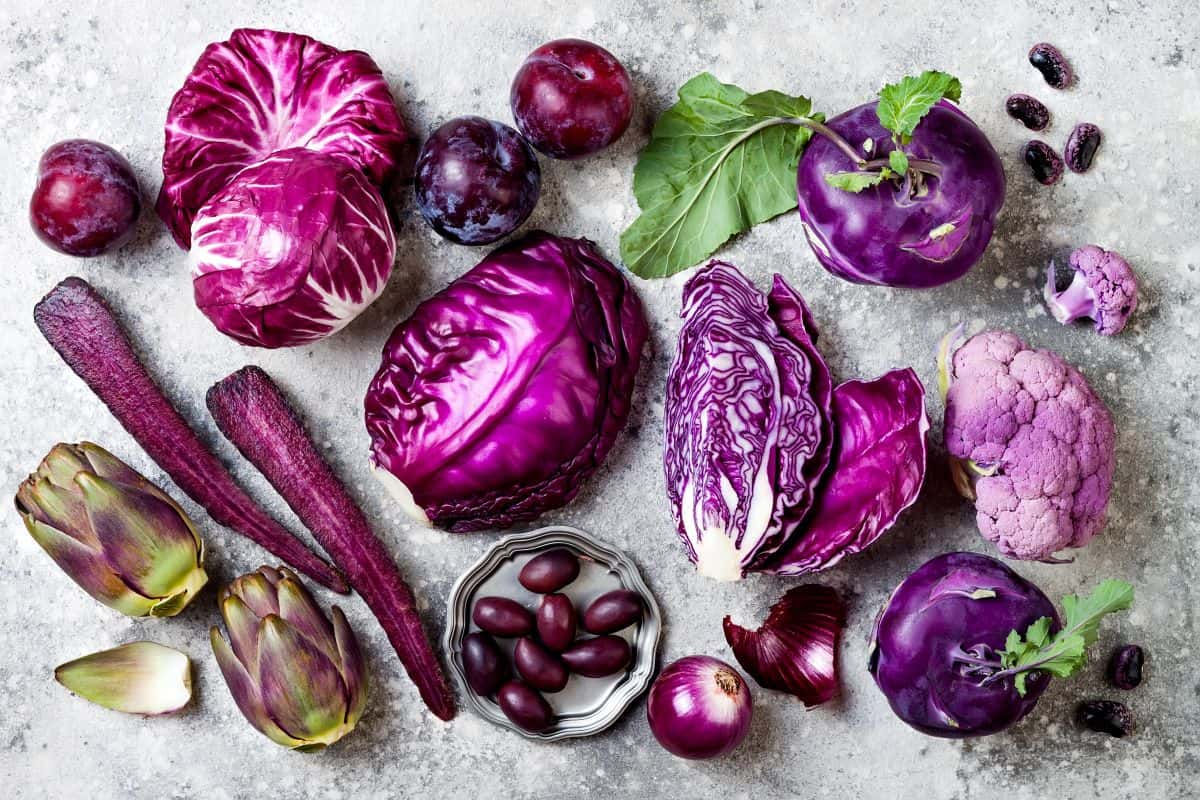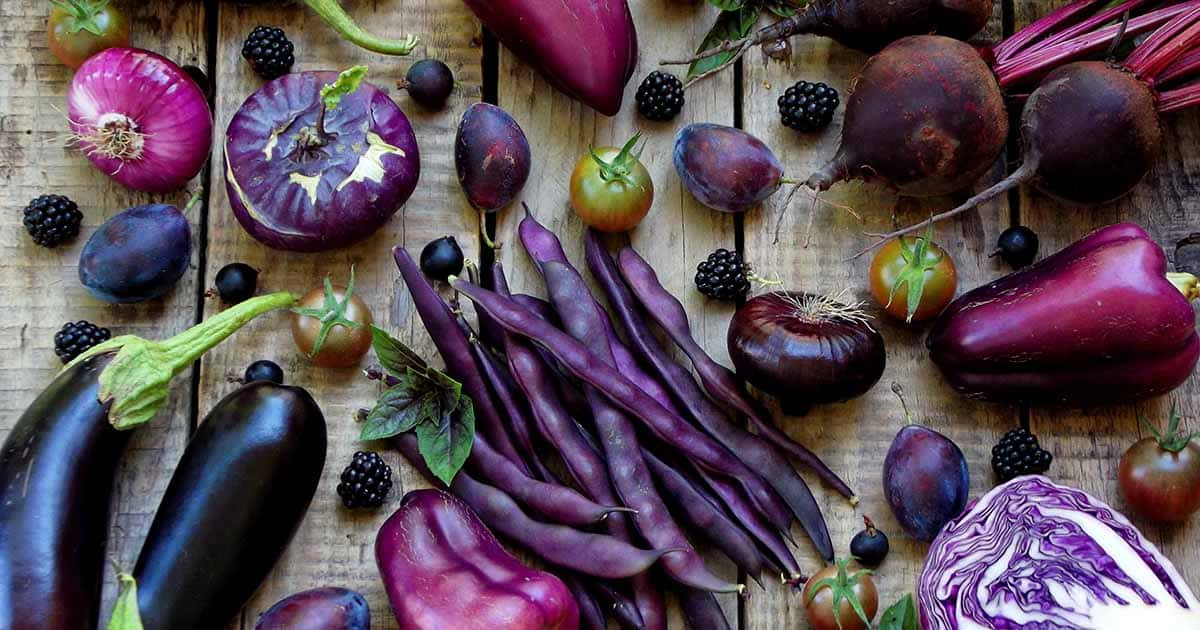What is anthocyanin and how does it benefit our health?
What is anthocyanin and how does it benefit our health?
In herbal medicine, anthocyanin-rich substances have long been used to treat a number of conditions involving blood vessel health, including chronic venous insufficiency, high blood pressure, and diabetic retinopathy. They have also been used to treat a number of other conditions, including colds and urinary tract infections. Recent research also suggests that anthocyanins may help fend off major health problems, including heart disease and cancer.
Anthocyanins are a type of flavonoid, a class of compounds with antioxidant effects. Found naturally in a number of foods, anthocyanins are the pigments that give red, purple, and blue plants their rich coloring.
We do know that anthocyanins seem to play a role in fighting free radical damage which leads to aging and the formation of numerous diseases. Beyond their capacity to fight free radicals, oxidative stress, anthocyanins have many other effects when it comes to protecting cells, tissues and vital organs that we’re still uncovering. For example, research suggests that anthocyanins have positive effects on gut health when they interact with microflora, which can help decrease inflammatory markers associated with many chronic diseases, plus they can support hormonal balance.
ANTHOCYANINS AND HEALTH BENEFITS
What do anthocyanins do inside the our body? Some of the conditions that research suggests anthocyanins may help prevent include:
Cardiovascular and heart
Many studies have found that having just one to two(or ideally more) servings of anthocyanin-rich foods per day can protect you from problems from high blood pressure and arteriosclerosis. While it’s great to have antioxidant-rich foods every day, even having them several times per week can improve your health. One finding from the Iowa Women’s Health Study, which included more than 34,000 postmenopausal women, found that women who consumed anthocyanin-rich strawberries and blueberries once per week or more experienced significant reductions in risk of death from heart disease/coronary artery disease.
Another large body of research from the Nurses’ Health Study I and II, which followed over 46,000 women from and 23,000 men for more than a decade, found evidence that the those with the highest intakes of anthocyanin (especially from blueberries and strawberries) had a significantly decreased risk for developing hypertension, myocardial infarction and/or having a heart attack compared to those with the lowest intake. This was true even after controlling for other factors like exercise level, family history and BMI.
Diabetes and pancreatic disorders
Anthocyanin benefits for diabetes and pancreatic disorders have also been unearthed in recent years, and again the efficacy is attributed to the multiple, simultaneous biological effects these pigments cause in the body, including prevention of generation of free radicals, decreased lipid peroxidation, reduced pancreatic swelling, and decreased blood sugar concentrations in urine and blood serum.
Fight against cancer
Research suggests that anthocyanin can decrease the risk of developing various types of cancer due to its antioxidant, anticarcinogenic and anti-inflammatory effects. This has been demonstrated in both in vitro and in vivo research trials in humans and animals. Studies show that anthocyanins have the ability to naturally fight cancer by blocking cell proliferation and inhibiting tumor formation by interfering with the process of carcinogenesis. One way anthocyanins inhibit tumorigenesis by blocking activation of mitogen-activated protein kinase pathways.
Anthocyanins may aid in the prevention of breast cancer, according to a laboratory study published in Phytotherapy Research in 2010. In test-tube experiments, scientists showed that anthocyanins extracted from blueberries helped inhibit the growth of breast cancer cells.3 However, a study published in 2017 said that more research is needed to find any affect on cancer.
Immune function
Anthocyanin bioflavonoids may provide protection from DNA damage and lipid peroxidation, plus they have anti-inflammatory effects and help boost production of cytokines that regulate the immune responses. They have also been shown to support hormonal balance by reducing estrogenic activity, help regulate enzyme production that aids nutrient absorption, and strengthen cell membranes by making them less permeable and fragile.
Cognitive function
Studies have found that diets high in antioxidants like anthocyanin lead to a reversal in certain age-related deficits that affect neural and behavioural parameters, including memory and motor functions. Anthocyanins have been credited with protecting memory, coordination and neural function in older populations. One study out of Korea found that administration of isolated anthocyanins from purple sweet potato enhanced cognitive performance and inhibited lipid peroxidation in brain tissues in mice.
Vision and Eye health
Anthocyanin has been shown to help enhance night vision and overall vision by protecting the eyes from free radical damage. One study found that oral intake of anthocyanosides from black currants resulted in significantly improved night vision in adults. Research suggests that enhancement of rhodopsin regeneration and protection against inflammation are at least two mechanisms by which anthocyanins improve sight and protect the eyes.
EATING ANTHOCYANINS FOR HEALTH
Getting your fill of anthocyanin-rich fruits and vegetables may help boost your overall health by offering up an array of nutrients and antioxidants. However, scientists have yet to determine whether taking high concentrations of anthocyanins in supplement form can help treat or prevent any specific health condition.
Keep in mind that supplements haven't been tested for safety, and due to the fact that dietary supplements are largely unregulated, the content of some products may differ from what is specified on the product label, so it's important to look for brands or products that have been certified by ConsumerLab, the U.S. Pharmacopeial Convention, or NSF International. Also keep in mind that the safety of supplements in pregnant women, nursing mothers, children, and those with medical conditions or who are taking medications has not been established.
You can get tips on using supplements, but if you're considering the use of anthocyanins, talk with your primary care provider first. Self-treating a condition and avoiding or delaying standard care may have serious consequences.
Compiled and penned by Crocus Media


